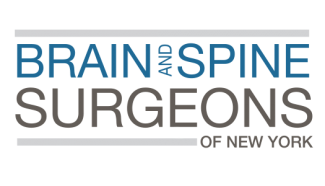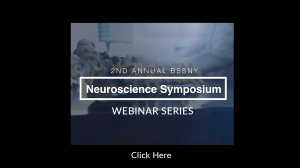
Radiculopathic Pain
While a person may think they pulled muscle or there is a problem with their joints, many people suffering from back pain or pain in their extremities are actually experiencing Radiculopathic Pain or the compression of a spinal nerve. Commonly called a “pinched nerve,” many patients don’t understand the reasons behind their (many times intense) pain or the treatment options available to them.
Most often, spinal nerve compression occurs because of changes in the spinal structure, such as degenerative disc disease or a herniated disc. In other cases, the compression can be caused by:
- Bone Spurs
- Scoliosis
- Diabetes
- Poor Posture
- Repetitive Motions
Types & Symptoms
While the location of the pain will differ depending on the position of the spinal nerve compression, the symptoms Radiculopathic Pain present similarly no matter where the impact to the nerve occurs.
- Pain
- Tingling
- Numbness
- Loss of mobility
Cervical Radiculopathy
When a nerve in the neck or upper back is compressed, patients experience pain in the neck, shoulders, upper back, and arms. At other times they may feel pain radiating up the back of the neck into the head. Numbness and weakness on one side are common as well.
Thoracic Radiculopathy
Thoracic Radiculopathy is the compression in the mid-back that results in pain in the chest or torso. The symptoms can mimic other medical diagnoses such as heart and gallbladder problems. Patients characterize the pain and sensations as burning, tingling, or numbness.
Lumbar Radiculopathy
The most common symptom is sciatica, although Lumbar Radiculopathy can affect the lower back, legs, hips, thighs, and feet, depending on which nerve roots are being compressed. Patients may feel pain, numbness, and/or weakness in one or several of these areas and frequently describe the pain as shooting.
Treatment
The treatment of Radiculopathic Pain depends on where the nerve is compressed and the severity of the symptoms. Your BSSNY neurosurgeon will discuss your medical history, perform a physical exam, evaluate the effectiveness of prior treatments, and then can make expert recommendations on the best treatment avenues for you.
Treatments Include:
- Anti-Inflammatory medications
- Corticosteroid injections
- Physical therapy
- Herniated disc surgery
- Spinal Cord Stimulation
- Dorsal Ganglion Stimulation










